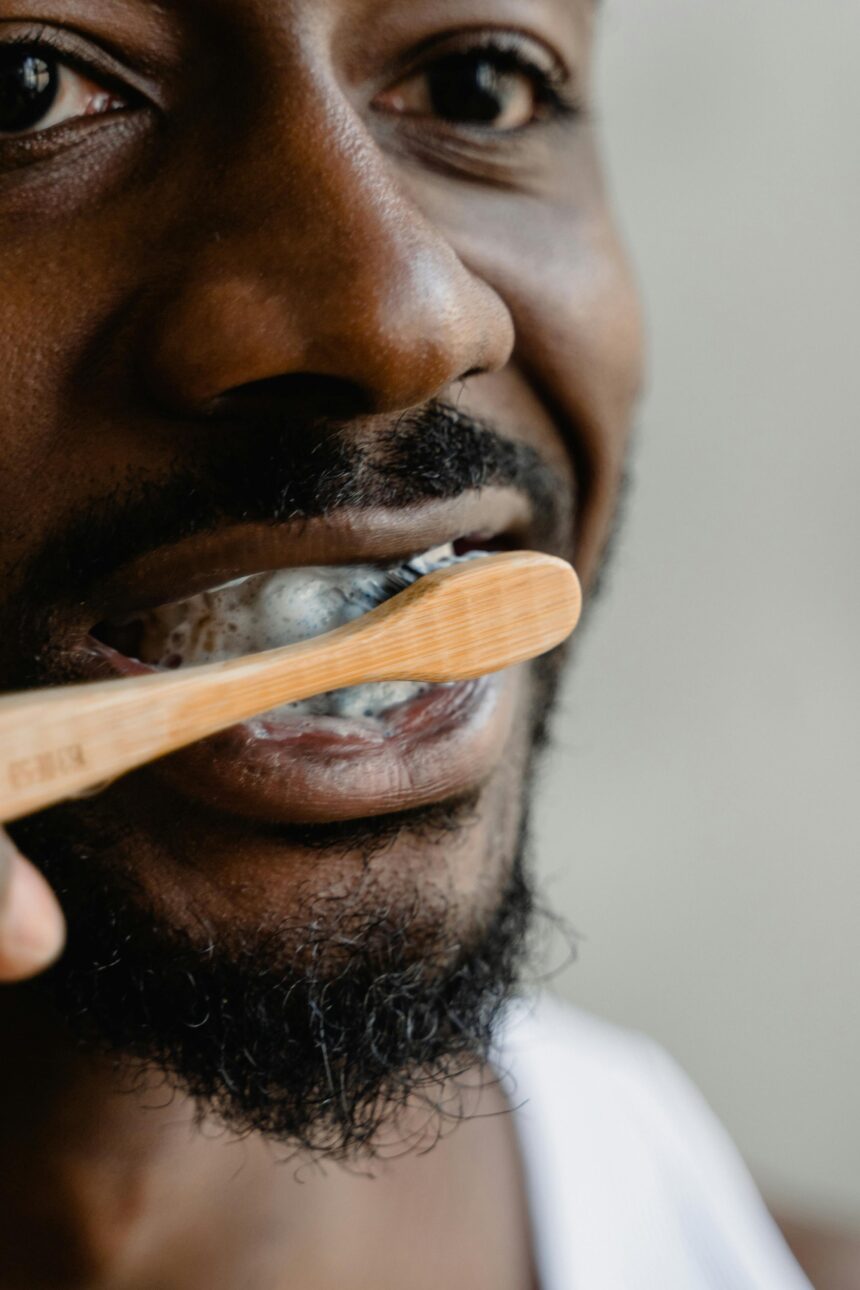Mouth odor, often known as foul breath or halitosis, may be an embarrassing and uncomfortable condition that impairs our social relationships and confidence. Inadequate dental hygiene, dietary habits, or underlying health concerns can cause it. Fortunately, there are various solutions to address this issue and keep your breath fresh throughout the day. In this post, we’ll look at 6 simple and effective ways to combat mouth odor and keep your smile fresh and healthy.
MUST READ;7 Foods to Avoid if You Have Ulcer
Maintain Proper Oral Hygiene
Good dental hygiene is essential for preventing mouth odors. Brush your teeth at least twice a day, ideally after meals, with fluoridated toothpaste. Don’t forget to brush your tongue, as bacteria can build up on its surface and cause bad breath. Floss every day to remove food particles and plaque between your teeth, which a toothbrush may not reach. Regular dental check-ups are vital for keeping your mouth healthy and detecting any underlying problems.
Stay Hydrated
Dry mouth is a major cause of foul breath. When your mouth is dry, there is less saliva to wipe away food particles and bacteria, which causes unpleasant odors. Drinking enough water throughout the day keeps your mouth moist and increases saliva production. Chewing sugar-free gum or sucking sugar-free lozenges can also help to increase saliva flow, battle dry mouth, and freshen your breath.
Healthy Diet
Certain foods and beverages might cause mouth odor. Garlic, onions, spicy foods, caffeine, and alcohol are all common contributors. These meals include volatile chemicals that enter the bloodstream and eventually exit through the lungs. To avoid bad breath, restrict your intake of these foods or substitute odor-neutralizing options such as fresh fruits, vegetables, and herbs like parsley or mint. High-fiber foods, such as apples and carrots, work as natural tooth scrubbers, minimizing bacteria buildup.
Use Mouthwash
Mouthwash is an easy way to get fresh breath, but when used appropriately, it can be a powerful weapon. Opt for an antibacterial mouthwash that targets the bacteria that cause bad breath. Rinsing with mouthwash after brushing and flossing helps reach parts of your mouth that your toothbrush may have missed, helping to eliminate odor-causing germs. For the best effects, look for mouthwashes that contain cetylpyridinium chloride, chlorhexidine, or essential oils.
Quit Smoking
Tobacco usage causes not only long-term bad breath, but also gum disease, tooth damage, and dry mouth. Tobacco leaves a deposit in your mouth, causing a terrible stench that lasts long after you’ve stopped smoking. Quitting tobacco is one of the most effective strategies to enhance your breath and overall oral health. If you need assistance quitting, speak with your healthcare physician about smoking cessation programs or products.
Keep Your Gums Healthy
Gum disease contributes significantly to poor breath. Bacteria can grow in crevices between the gums and teeth, causing unpleasant odors. Regular brushing, flossing, and the use of antimicrobial mouthwash can all assist in avoiding gum disease. If you observe any signs of gum disease, such as redness, swelling, or bleeding, arrange an appointment with your dentist for a professional cleaning and treatment.
End Note
Dealing with mouth odor can be annoying, but by following these simple tips, you can keep your breath fresh and feel more confident in your daily interactions. Remember that consistency is essential; adopting these behaviors into your daily routine will produce long-term outcomes. If foul breath persists, see your dentist, as it may signal an underlying health problem that needs addressing.


